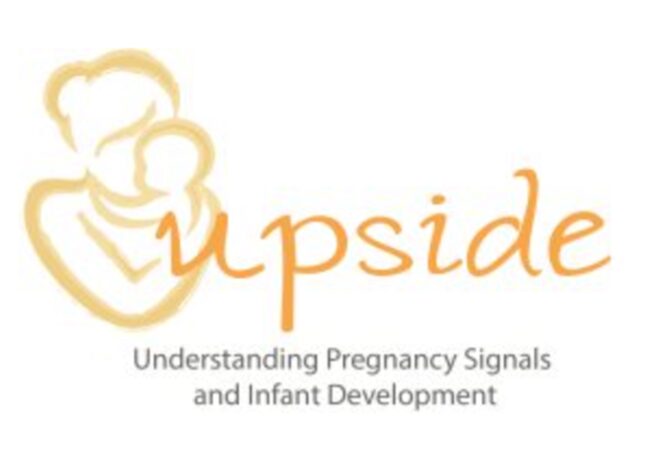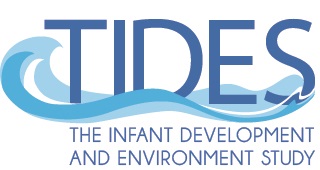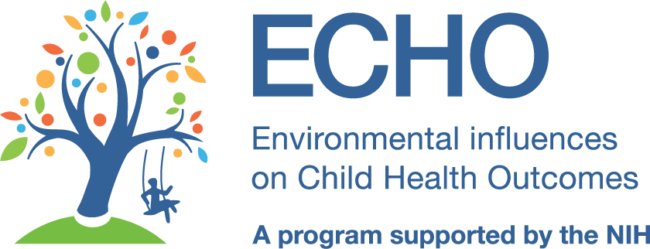
The Maternal-Child Environmental Health Lab examines the impact of environmental chemicals and psychosocial stressors on pregnancy and child development. We focus on pregnancy because exposures during early life (including gestation) can have profound and long-lasting impacts on health and development across the lifespan. Much of our work focuses on endocrine disrupting chemicals that interfere with the typical hormone environment during pregnancy, such as phthalates, per- and polyfluoroalkyl substances, and mycoestrogens. Through our ongoing pregnancy cohort studies, we hope to improve our understanding of how these widespread exposures affect our bodies and ultimately, improve maternal and child health.

UPSIDE
Understanding Pregnancy Signals and Infant Development is an ongoing prospective birth cohort designed to study maternal prenatal psychological distress and child health. UPSIDE’s key design elements including (1) serial maternal questionnaire and biomarker data across all trimester and (2) pediatric visits at seven time points from birth to 4 years old, allow researchers to examine multiple exposures impacting maternal and child health.
UPSIDE Publications
TIDES
The Infant Development and the Environment Study is a multi-center study designed to examine how everyday chemicals in food, cosmetics, and household products may affect children’s health and development. TIDES researchers are particularly interested in how the mother’s exposure to these chemicals while pregnant may affect children before they are born with changes observable during childhood and later.
Recent TIDES Publications
Maternal urinary levels of glyphosate during pregnancy and anogenital distance in newborns in a US multicenter pregnancy cohort
Urinary glyphosate concentration in pregnant women in relation to length of gestation
Phthalate mixtures in pregnancy, autistic traits, and adverse childhood behavioral outcomes


ECHO
Environmental influences on Child Health Outcomes
The ECHO Program is an extramurally funded program maintained within the Office of the Director at the National Institutes of Health (NIH). The program aims to determine what factors give children the highest probability of achieving the best health outcomes over their lifetimes. ECHO enrolled children from previously establish cohorts and follow them over multiple life stages to understand the etiology of maternal health outcomes such as premature birth, obesity, autism, asthma and behavioral assets that strength resiliency and improve outcomes. Both UPSIDE and TIDES participate in the ECHO program. Our investigators have additional ECHO projects and participate in ECHO writing groups.
ECHO related publications
The NIH ECHO Program: investigating how early environmental influences affect child health
Copyright © 2021, Rutgers, The State University of New Jersey

